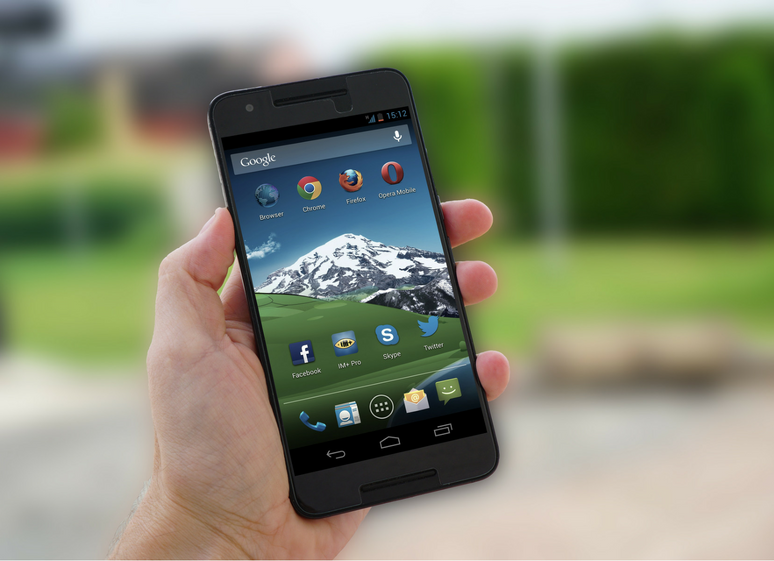6 Benefits of Mobile Apps for EHS
In 2018, 57% of companies expect to use mobile apps for EHS, according to a survey by Verdantix.
It’s no wonder: Mobile apps have huge potential to increase productivity, reduce travel time, and improve EHS performance and communication. Plus (and this is a big plus), mobile EHS software can actually engage more front-line employees in reporting incidents and risks. That’s like multiplying your EHS team without adding resources or overhead. Even if you haven’t considered using mobile apps for EHS before or you’re not tech savvy, today’s mobile EHS apps are worth a second look.
Here are some of the ways mobile EHS apps can benefit you and your company.
Benefits of mobile apps for EHS
- Access your data from anywhere
- Capture data offline
- Easily review information on dashboards
- Keep tabs on tasks and deadlines
- Engage more employees in reporting
- Cut down on administrative and travel time
1. Access your data from anywhere
With mobile apps, your EHS data is always at your fingertips. You can pull up real-time emissions performance or see incident data from anywhere using your phone or tablet.
2. Capture data offline
It seems counterintuitive, but mobile apps are actually one of the best ways to capture data offline. How?
Say you’re performing an inspection in a remote location, with no internet coverage. You can enter observations or fill out an inspection form in the app, then sync the information when you get back online.
This eliminates the need to return to your desk and enter paper-and-pencil data, and minimizes the chances of making an error.
3. Easily review information in dashboards
One of the most useful features of mobile apps is the ability to view your data in drill-down dashboards. Next time your boss asks about EHS performance, you can simply pull up the reports on your tablet. You can even customize dashboards for specific users or groups so everyone has the information they need at their fingertips.
4. Keep tabs on tasks and deadlines
It’s easy to miss important deadlines or tasks when you’re away from your desk. Mobile apps can be configured to alert you of any items that need your attention to lower your risk of violations and make sure you never miss another deadline.
5. Engage more employees in reporting
With mobile apps, Employees at any level can participate in capturing compliance and risk data.
It’s easy: First, supervisors can customize form templates based on the data they want to collect. Then, using any mobile device or kiosk, employees can enter observations, photos, and videos. Reporting can be done anonymously, without a login or password, and the data is instantly visible to supervisors for analysis and immediate action.
When selecting a mobile app, look for one that is platform-agnostic — meaning it runs equally well on Android or iPhone — and that can be up and running in minutes with no training needed.
6. Cut down on administrative & travel time
Manually keying in data and correcting data entry errors are some of the most consuming time-consuming tasks for EHS professionals. Mobile apps can alleviate this headache by allowing users to capture data at the source and enter it directly into the system.
Plus, with mobile apps, inspections and tasks can be assigned at the facility level and completed remotely. The data is then synced to the central database so you can view the results immediately.
Next steps
Now that you know the benefits of mobile apps for EHS, you might want to learn more about some of the features that are available. Check out this article on 6 essential mobile EHS app features to look for or request a demo today.
